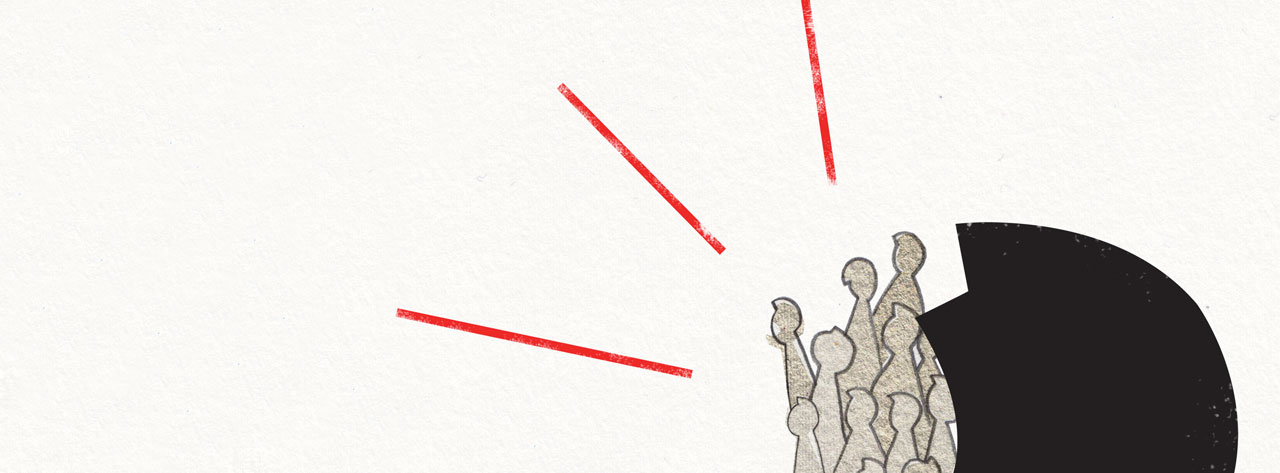Submitted by Victor on
In recent years, the space afforded to civil society to operate freely has been shrinking dramatically across the world, presenting a serious threat to democracy and human rights. Eastern Europe and Central Asia (EECA) have been especially badly affected by this shrinking political space. The wave of restrictive laws curtailing civil society activity has affected the way NGOs operate by pushing rights advocacy to the background. Attacks on freedom of association have often been coupled with clampdowns on freedom of expression and assembly, including through internet restrictions, laws undermining the right to protest, the closing down of independent media and persecution of human rights activists.
The governmental crackdown on NGOs is widely discussed by media outlets all over the world, however the focus rests primarily on the latest legal restrictions, with no attention paid to the causes or other internal and external factors that may have contributed to the situation. They also ignore the “bigger picture” which involves not only governments and NGOs, but also foreign donors, UN agencies, regional human rights mechanisms and other actors. Furthermore, there is still a gap when it comes to examining the issue of crackdowns on civil society in the context of children's rights.
With ‘donor fatigue’ in developed nations, the danger of government repression when NGOs accept foreign funds, as well as the lack of tradition of private support, the sustainability of independent civil society in EECA is in question. Domestic funding for NGOs remains inadequate, and in most countries the allocation of state funds is not transparent and state grants are primarily distributed among governmentorganised NGOs (GONGOs). Very concerning are also the efforts of governments and staterun or progovernment media to create a negative image of NGOs, accusing them of being ‘foreign agents’ or ‘Western spies’. One thing is clear: the government's attitude toward NGOs will not be favourable in the coming years, therefore civil society leaders must adjust to the new reality.
Furthermore, very few donors in the region concentrate on promoting the full spectrum of children's rights including civil and political rights established by international law. Currently, child welfare programmes attract more donations from donors or governments, however they are covering the immediate needs of children. In the long run the idea of children as people who are in need of protection undermines the concept enshrined in the Convention on the Rights of the Child of children as independent human beings with their own rights.
Overall, restrictive measures introduced by governments have longterm effects on civil society groups working on sensitive issues such as human rights advocacy. Stronger national, regional and international standards protecting national human rights defenders and children’s rights advocates are essential in order for them to continue their work.

